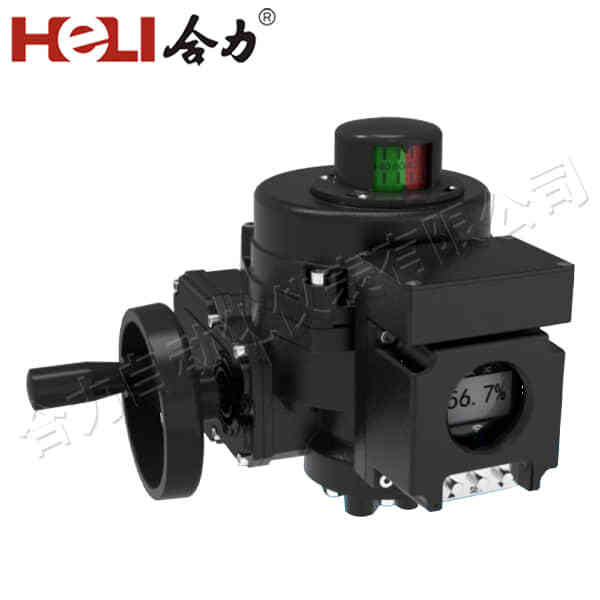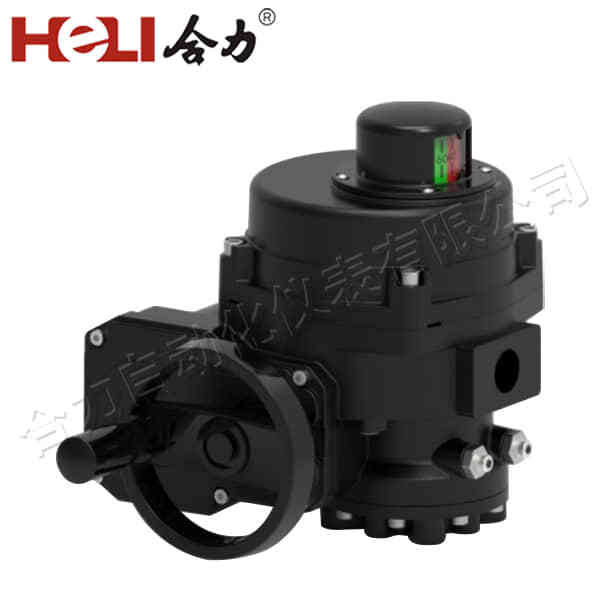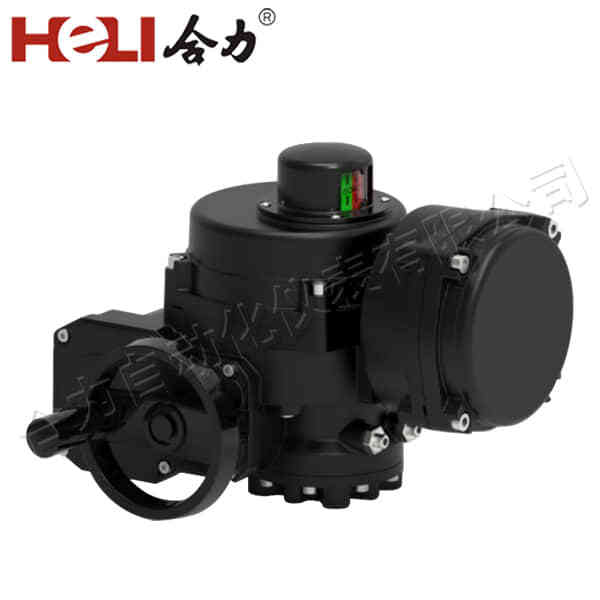
Electric actuators have become an indispensable component in modern industrial automation systems. These devices are designed to convert electrical energy into mechanical motion, which is then used to perform a wide range of tasks such as opening valves, controlling machinery, adjusting positions, or facilitating precise movements in various applications. From simple domestic appliances to complex industrial processes, electric actuators have been at the forefront of enhancing efficiency, precision, and overall functionality. This article explores the significance of electric actuators, their types, advantages, and how they are reshaping the landscape of automation.

What is an Electric Actuator?

